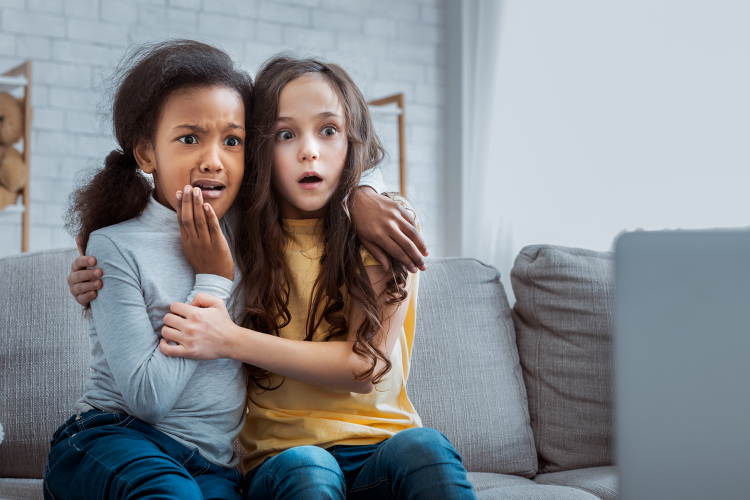Is having music on in the background harmful to toddlers?
Is having music on in the background harmful to toddlers? https://mediatrics.com/wp-content/themes/corpus/images/empty/thumbnail.jpg 150 150 Mediatrics Mediatrics https://mediatrics.com/wp-content/themes/corpus/images/empty/thumbnail.jpgQ: I recently read that exposure to background media (TVs, computers, etc.) can affect a child’s development. Is this true for music as well? I play classical music, light rock, and NPR in the background throughout the day with our toddler. I thought it would be good for her. Is it potentially not so good?
-Background Beethoven
A: Dear Beethoven,
The concern about background visual media (TVs, computers, etc.) is that, because what they show is designed to grab and hold viewers’ attention, they distract children from brain-building imaginative play and distract children’s parents from interacting with them. Music or talk radio listened to without free (visually stimulating screen savers and flashy album covers on a screen)isn’t as attention-grabbing, but pose similar challenges. Here are some things to keep in mind:
1) Be mindful about what your daughter is paying attention to. Toddlers have not yet developed the executive brain functions that adults use to choose where to focus and direct their attention. Research shows that, even for school-aged children and adolescents, the effect of listening to music while doing homework (an activity that requires a good deal of attention) depends on whether the music has words that they understand. If it does, some of their attention gets directed to the music and their homework takes longer and has more mistakes. For young children with less-developed executive function, coloring, building with blocks, or imaginative play and the resulting requires all of their attention — and all their attention may get dragged to the music or words. Music can boost brain development when used as a primary activity, imagining scenes that the music evokes, learning the words and singing along, beating time, or dancing.
2) Is the content intended for her—or for you? When you use media of any kind with your daughter, choose content that you can enjoy together. Toddlers will usually tune out the content (but not the emotional tone) of adult talk radio, and it may distract you from her. Save the adult-oriented content for solo car rides or your child’s nap time. That way little can distract either of you from the interactions between you and your daughter that are the single most important stimulus to her developing language, critical thinking, and relationship skills.
3) Leave space for ‘media-free down time’, when all media, including those in the background, are off. This will help keep your child from becoming over-stimulated, help her learn to self-soothe, and will give you both time to interact without any media distractions. Time outdoors without media will calm and focus her, allowing her to fine-tune all of her senses and observe — feeling the breeze against her skin, watching ants march back and forth to their anthill, and hearing birds sing (the original twitter…). No media can compete with the natural world for building a calm and focused mind.
Enjoy your media and use them wisely,
The Mediatrician®



